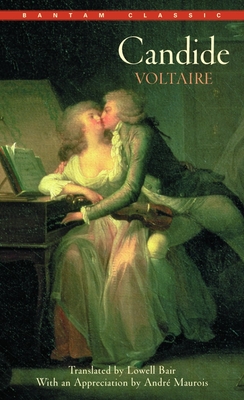A Mind for God by James Emery White is a book that I wished I could write. It makes a solid case for the active life of the Christian mind. Christians are often (and sometimes fairly) caricatured as backwoods simpletons who eschew logical thought in exchange for the ease of lazy faith. White describes the need for Christians to crave to develop our minds for the glory of Christ. We ought to seek to deeply understand our faith, our culture, our world. Living passively, whether a Christian or non-believer, is a wasted life.
The first step to engage our minds is simply to read. White makes a passionate plea to read often and read broadly. He tells an interesting story about a family trip to Disney World when, during a calm period between visits to the park, his family sat in the lobby reading books for an hour or so. A passerby commented that she wishes her family would do this ritual. His solution is simply to create the habit of reading. How often do we carve out time to intentionally read? I think of all the distractions and responsibilities that vie for my attention which take away my reading time. I need to heed White’s advice to make reading a priority in my life over television, the Internet, and other trifles. My favorite chapter in this book is titled, “The Library as Armory.” This puts reading and books in their proper perspective in our lives. Too often, we arm ourselves with pop-culture foolishness, and those weapons will never win a war. Reading hard books provides the proper training needed to interact with our culture today.
Another aspect of this book that I appreciated is the chapter titled, “Sacred Thinking.” In it, he describes the art of self-reflection between what we read and other areas of our life. It is incorrect to think that our thinking is compartmentalized. What we watch on television, what we read for pleasure, what we discuss over coffee, and what we hear in the Sunday sermon are not distinct areas of study. Do we allow ourselves time to contemplate how these areas fit together or how they are incongruent? This self-reflection is important in all circles, Christian or non-Christian. It’s an aspect that I want my students to do in a variety of readings in class, and I should do it with what I read as well.
The appendices are worth the price of the book alone. White offers three book lists to begin our quest toward a mind for God. The first list is “Ten to Start,” books that offer a basic overview to reading and to the Christian faith. Adler, Lewis, Packer, etc. The next is called “Twenty-Five Books Toward a Christian Worldview.” The third is “Entering the Great Conversation,” a compendium of great books that offer a broad education in world literature. These three provide readers of all levels to begin their diet of important texts to develop their minds for God.
I recommended many of the books on this list, but A Mind for God is really one of the best for an introduction to the importance of reading, learning, and thinking. If you are like me, you’ll appreciate the reminder to read and think more.





 About
About